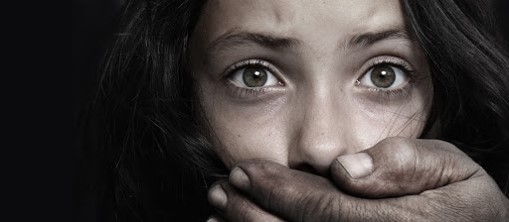The commercialisation of the human body is one of the most shocking realities of our time. As Church we must be particularly sensitive to this issue, since we all have a responsibility, as we say in the Confiteor at the beginning of every Mass, “through what I have done and what I have failed to do.” Such realities thrive also because of our passivity or inaction.
Gathering data on human trafficking is no easy task. However, it is estimated that there are some 21 million people enslaved today, 4.5 million of which are in the sex industry.
Human trafficking is not a reality that occurs only in faraway lands. It also hits shockingly close to home. A large number of migrants who cross the Mediterranean are victims of human trafficking. A number of victims are trafficked in the entertainment and sex work industry in Malta.
The Church periodically speaks out against human trafficking. However the Compendium of the Social Doctrine of the Church provides a particularly poignant reflection on this painful reality.
It states that these painful violations associated with human trafficking starkly contradict the “solemn proclamation of human rights.” There is, therefore, a gap between the ‘letter’ and the ‘spirit’ of human rights making the recognition of human rights little more than mere formality.
In other words, although many international countries and international NGOs preach the mantra of human rights, in practice human rights are very often breached.
The Church repeats over and over again that “the more fortunate should renounce some of their rights so as to place their goods more generously at the service of others.” Focusing narrowly on equality without respecting the dignity of with which every human being is endowed “gives rise to an individualism in which one claims his own rights without wishing to be answerable for the common good” (Compendium, para. 158).
What can we do when faced with this reality? First, we must open our eyes to the painful reality of human trafficking. This involves following the news from independent news outlets with a critical eye and cultivating an interest in situations of injustice that happen around us. Second, we must reflect on how our rights impinge on those of others and how our goods can be better placed at the service of others. For example, our political interests might in the long run threaten the dignity of others. Third, we can support and lobby for policies and legislations that protect those who are likely to fall prey to the atrocities of human trafficking.



